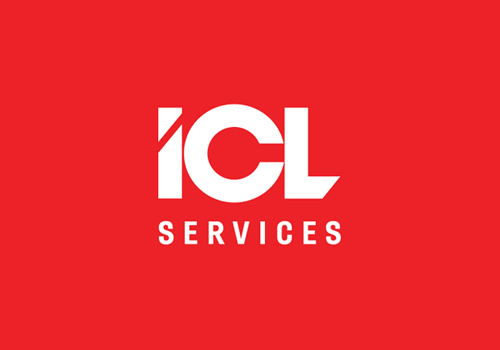The department's legacy ITSM system was causing the following problems:
1. High operational costs for switching between clients.
Each client was served in a separate instance or using unrelated tools and processes, requiring the support team to constantly switch contexts: different interfaces, SLAs, and service catalogs. This reduced productivity, increased the risk of errors, and complicated service scaling.
2. Excessive ITSM deployment costs per client.
To provide a client with a full-featured ticketing interface (including a service catalog, SLA tracking, and transparent routing), a separate infrastructure had to be deployed.
This made the model economically unviable—the cost of ITSM service per client was too high, especially for small and medium-sized clients.
Taken together, these factors led to inefficient resource utilization, difficulties with scaling, and low profitability of the ITSM service, despite high customer demand.Key Challenges
- Provide service to multiple clients in a single system with complete data isolation, individual service catalogs, SLAs, roles, and queues.
- Automate ticket creation from multiple Zabbix instances: configure integration for instant incident opening without manual intervention or data collation.
- Implement a mechanism that takes into account the specifics of each client, working hours, priorities, and service conditions.
- Support global IT service management practices: adapt processes and reporting to international ITIL standards, including advanced analytics and interactive KPI dashboards.
- Ensure compliance with digital independence requirements: replace the legacy ITSM system with a modern domestic solution, while maintaining flexibility for international use, ITIL support, and scalability.
ELMA365 is a low-code platform for business process automation. The ELMA365 ecosystem covers a wide range of corporate functions: it automates internal and external business processes, CRM (electronic document management) and corporate content management (ECM), digital document management (EDM), procurement, and customer service.
The ICL Services business process automation team implemented and configured Service Desk 2.0 on the ELMA365 platform – the project was completed in stages.
1. Implemented a multi-tenant architecture
Experts ensured the operation of several independent projects within a single system with complete data isolation, separate service catalogs, SLAs, roles, and queues.
2. Automated incident handling
Next, automated ticket creation was implemented, eliminating manual intervention. Ensured accurate SLA calculations
To achieve this, the team adapted and refined out-of-the-box ITSM processes for real-world operating conditions, including flexible time tracking and priority rules for each department's customer.
3. Implemented advanced analytics and transparency
During this phase, experts developed dozens of specialized reports and interactive dashboards on key KPIs, aligned with international IT service management practices:
— response time,
— team workload,
— repeat requests, etc.
4. Ensured the sustainability and scalability of the solution
The final stage of the project involved professional training for over 30 employees, after which notification settings and support processes were implemented. The team also provided post-implementation support to ensure the continued smooth operation of the system.
Products and technologies
- ELMA365, ELMA365 Service Desk 2.0
- REST API
- Zabbix
- Active Directory
Results
- Reduced incident response time by 40% through automated ticket creation.
- Increased transparency – management receives daily analytics on key metrics.
- Reduced manual labor by 25% through automation of typical scenarios.
- Complete transition to a localized platform that complies with Russian legislation.




